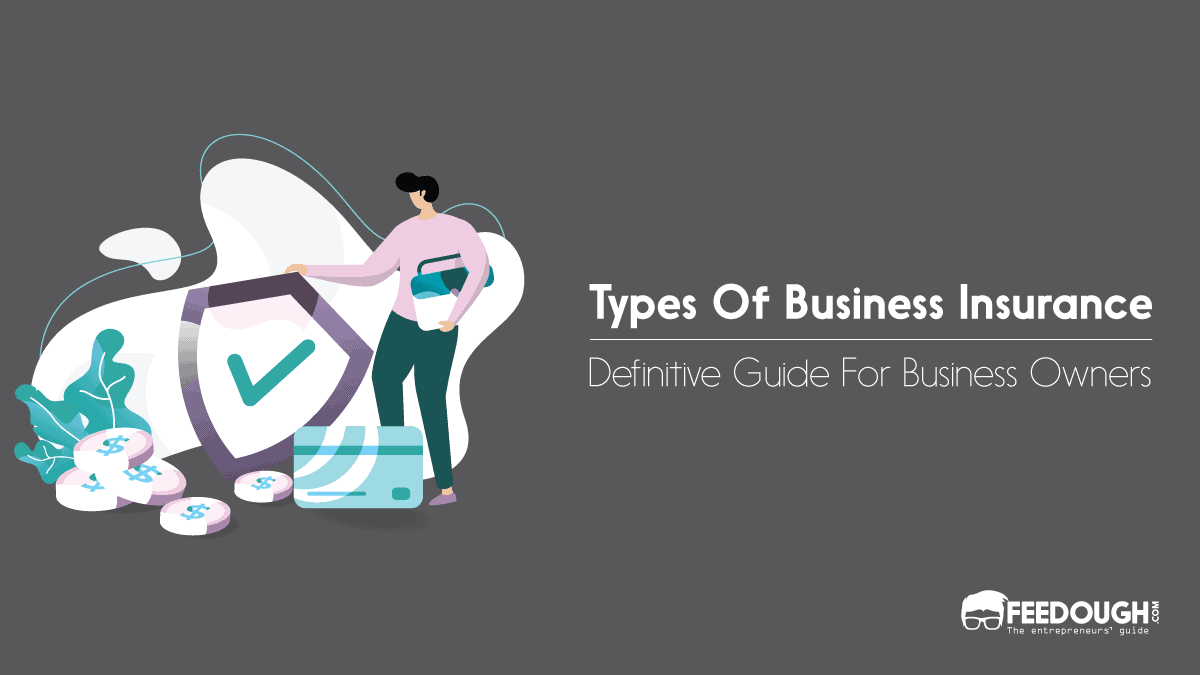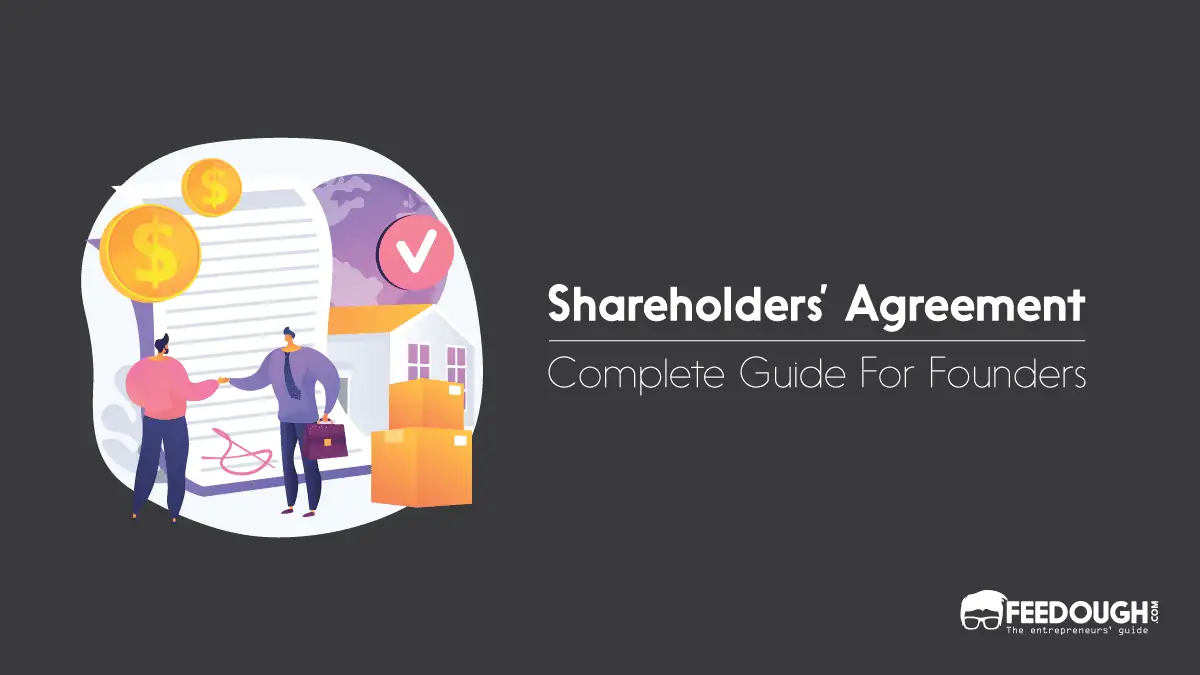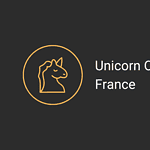Businesses are inherently risky ventures and as such, business insurance is essential for any company. Business insurance is a type of insurance that protects against various risks that may arise during the course of running a business. This can include protection against property damage, liability claims, and even employee-related issues.
Several types of business insurance are available to companies, each with its specific coverage and purpose. These types of insurance can vary depending on the industry, size, and nature of the business. But first, understanding the basic types of business insurance is crucial to ensuring that a company is adequately protected.
What Is Business Insurance?
Business insurance is a contract between the business owner and the insurance company in which the insurance company commits to repay the firm for insured damages in exchange for premium payments. Business insurance is critical for ensuring a company’s financial stability and long-term viability. It helps to reduce the financial risks connected with unforeseen occurrences such as property damage, liability claims, or litigation. Businesses may protect their assets, manage obligations, and assure operational continuity by obtaining the correct insurance coverage in the face of potential hazards.
The Types of Business Insurance
A company may assess the coverage options it may need by thoroughly understanding how each type of business insurance works. Here’s a breakdown of the seven most common types of business insurance to help a business:
General Liability Insurance
General liability insurance plans often cover an organisation for personal injury and property damage claims caused by its products, services, or activities. This type of insurance can assist in covering medical bills and attorney fees incurred as a consequence of bodily injury or property damage claims for which your organisation may be legally liable.
What does a general liability insurance plan cover?
General liability insurance plans usually have the following coverage components:
- Injury to the body: If the business unintentionally injures someone else, general liability insurance will cover their medical bills as well as your legal fees if they are sued. A consumer stumbling over an object in the workplace is an example of a bodily injury claim.
- Property damage: If the business inadvertently causes property damage to someone else, general liability insurance will cover the expenses of repairing or replacing the property and any legal fees if they are sued. A company’s worker accidentally breaking a client’s furniture is an example of a property damage claim.
- Advertising harm: This covers the company’s legal fees if it is accused of defaming another business owner, company, or individual.
- Infringement of intellectual property rights: This covers the legal fees if the company is accused of using someone else’s work for business marketing without their consent.
- Damage to one’s reputation: This covers the legal fees for accusations like libel, slander, invasion of privacy, unlawful eviction, and malicious prosecution.
If a person files a claim against the company for one of the problems stated above, the general liability coverage will kick in. It will pay claims up to the amount specified in the company’s insurance. When purchasing insurance, one should be aware of two sorts of limits:
- Per-occurrence limit: This is the most an insurance company will pay out for a single claim, such as a $1 million per-occurrence limit.
- Maximum aggregate: This is the most the insurer will pay for all claims submitted throughout the term of the business’ policy. For example, if a company’s aggregate limit is $2 million, the insurer will not pay more than that amount throughout the policy period, regardless of the number of claims made against the business.
Cyber Liability Insurance
According to a recent survey, over two-thirds of US retailers have had some form of data breach. That risk will persist because nearly all of the merchants interviewed (96%) claim to employ sensitive data in digitally changing environments.
As the name indicates, this insurance covers a company’s responsibility following a cybersecurity event.
Cyber liability insurance covers data breaches, malicious attacks, and other cybersecurity concerns. Some laws are industry-specific, such as those for retail, healthcare, or finance.
There are two kinds of cyber liability insurance:
- First-party coverage: This covers financial losses directly experienced by the firm, such as income loss during a period of closure.
- Third-party coverage: Pays for damages caused by other parties affected by the cybersecurity event, such as a consumer suing a company after identity theft.
What does first-party cyber liability insurance cover?
First-party cyber liability insurance covers the costs that a company may incur as a result of a data breach. These are some examples:
- Income lost due to business disruptions
- The cost of hardware and software repairs
- Extortion money that a hacker demands
- Loss of transferred money
- Costs associated with public relations, such as alerting staff and clients of a data leak
- Electronic data corruption or theft losses
- Expenses for reputation management following a cyberattack
The actual coverage and liability amounts differ depending on the provider and policy.
What does third-party cyber liability insurance cover?
Third-party cyber liability insurance is typically used to cover legal claims. Coverage might include:
- Fines and penalties imposed by regulatory bodies
- Claims of negligence
- Network liability and privacy claims
- Claims for breach of contract
- Libel, slander, defamation, violation of intellectual property rights, and other media liability claims
These plans are also known as ‘cyber and privacy insurance’ or ‘media insurance.’ In the case of a claim, they often need a deductible, similar to liability coverage for car insurance.
Most cyber liability plans cover both first-party and third-party claims, which can cover financial damages to the organisation as well as the expenses of claims filed against a firm by clients or other third parties who were harmed.
Employment Practices Liability
Employment practices liability insurance (EPLI) covers settlements for lawsuits brought against the business for wrongful termination or any other violation of human rights.
Compared to bigger companies with well-established human resources departments and procedures, startups and small firms could be more susceptible to these kinds of employee claims. For instance, costly employment liability lawsuits might be made against small companies like contractors, restaurants, retail stores, and doctor’s offices.
Jury verdicts and out-of-court settlements for employment practices liability cases may exceed hundreds of thousands of dollars. A small firm might benefit monetarily from employment practices liability insurance by avoiding the expense of these types of claims.
What Does Insurance for Employment Practices Liability Cover?
Policies for employment practices liability insurance cover a variety of worker workplace claims, including:
- Age discrimination
- Discrimination based on disability
- Mismanagement of employee benefits
- Discrimination based on race
- Discrimination based on sexual orientation
- Sexual misconduct
- Inequitable methods of compensation
- Illegal compensation schemes
- FMLA (Family and Medical Leave Act) violations
- Libel and slander
- Infringement of privacy
- Mental or emotional distress
- Violation of the terms of employment: unlawful dismissal or demotion
This plan will cover the costs of fighting a case in court, as well as judgements and settlements. EPLI pays legal expenses regardless of whether your firm wins or loses the claim. However, these plans do not often cover punitive damages or civil or criminal penalties.
Commercial Property Insurance
Commercial property insurance covers a business for losses or damage to its building, leased or owned equipment, and other property on the grounds in the event of a catastrophic event such as a fire, explosion, broken pipe, storm, or theft. Items like computers, furniture, and inventory that are seen to be essential for carrying out regular business activities can all be covered under commercial property insurance.
As part of a business owner policy (BOP), commercial property insurance is frequently combined with general liability and business interruption insurance.
Commercial property insurance is available in two forms: replacement cost and actual cash value.
- Replacement cost: The cost of replacing or repairing damaged property using materials of similar sort and quality, without deduction for depreciation.
- Actual monetary value: Pays the cost of repairing or replacing the damaged property, less depreciation.
It’s advisable to check if the policy is classified as “open perils” or “named perils.”
- Named perils policy: A specified perils policy will only cover expenditures incurred as a result of problems expressly stated in the policy, which may include fire, theft, vandalism, wind damage, and other issues.
- Open perils policy: An insurance policy with open perils offers more protection. Any issue, with the exception of those specified as exclusions (such as flood damage), will be covered. It will cost more than a named-peril property insurance policy because of its superior protection.
What issues does commercial property insurance cover?
Typically, commercial property insurance covers the following kinds of issues:
- Lightning, fire, wind, and hail
- Vandalism and theft
The following physical asset categories are covered by business property insurance:
- Building (owned or rented)
- Business documents
- Computers
- Furniture
- Equipment
- Outdoor fixtures (like signs and fences)
- Tools
- Personal Property
- Supplies
The landlord’s insurance often covers building damage in rented business space. For example, in the event of hail damage, the landlord’s insurance would cover roof repairs.
However, it is likely that the lease contract states that the corporation is responsible for a specific type of building damage. For example, a landlord has the right to seek payment from the company for any damages or repairs made to windows, air conditioning units, or other property.
Workers’ Compensation
Workers’ compensation insurance provides essential perks to injured or sick employees on the job. Workers’ compensation benefits might include medical treatment and ongoing care, salary replacement payments, and even death benefits. Workers’ compensation, for example, would assist in paying any medical treatment costs and reimburse the employee for any missed income if a worker strained a back muscle at work and was unable to complete their tasks.
What does workers’ compensation insurance include?
- Workers’ compensation covers all medical expenditures, including hospital visits, prescriptions, and emergency procedures.
- When an employee requires time away from work to recover from a job-related sickness or accident, lost earnings are partially reimbursed.
- If the injury resulted in a partial or permanent disability, disability benefits are payable.
- Workers’ compensation covers ongoing care expenditures such as physical therapy.
- Funeral expenses and survivor compensation for the worker’s family are common components of death benefits.
Workers’ compensation payouts are awarded regardless of who is at fault. Furthermore, workers’ compensation regulations generally prevent employees from suing their employers for a work-related accident or sickness.
Most states require businesses to have workers’ compensation insurance for their employees, even if they only have one employee.
Workers’ compensation benefits are awarded if the employer or insurance company determines that the accident or sickness occurred on the job. If the insurer or employer denies the workers’ compensation claim, the matter is heard by a workers’ compensation judge.
Commercial Auto
Commercial vehicle insurance coverage is a customised insurance policy designed to cover the damages caused to or by a commercial vehicle. It also covers the losses incurred by the owner-driver of that specific business vehicle. Accidents, crashes, and man-made and natural disasters are among the causes of damage and loss.
In certain countries like India, all businesses must cover their commercial vehicles, such as trucks, buses, auto-rickshaws, tractors, and commercial vans, with a third-party insurance policy, which protects third parties against any damages caused by the business vehicle.
If any of the following apply to a company, it may be worth considering getting a commercial auto policy:
- The company owns, leases, or rents vehicles such as automobiles, trucks, or vans.
- Company employees use their vehicles to do business.
- Business employees drive corporate automobiles that are leased, rented, or owned by the corporation.
What does commercial vehicle insurance cover?
- Accidents: Damages to commercial vehicles caused by any type of collision in the event of an accident.
- Theft: Theft-related loss or damage to a commercial vehicle.
- Fire: Damage to a commercial vehicle caused by a fire.
- Third-party Damage/Losses: Any third-party damages or losses caused by a commercial vehicle.
- Natural Disaster: Damage to a commercial vehicle caused by a natural catastrophe such as a landslide or flood.
Professional liability insurance
Professional liability insurance, often known as errors and omissions (E&O) insurance, can protect a company from claims that a service they supplied caused a customer to suffer as a result of a mistake or failure to deliver a service.
Professional liability insurance will pay the legal bills, settlements, and judgements up to the extent of its coverage policy. For example, if a business is sued because of a mistake that causes the client to lose money, the legal costs and settlement will be compensated.
What is covered by professional liability insurance?
Here are some instances of errors that might lead to a client suing a corporation:
- Incorrect or incorrect counsel: A financial consultant delivers advice that leads to revenue loss.
- Misrepresentation: A contractor fails to complete a remodelling project on time, causing a client’s business to close and lose money.
- Negligence: It occurs when a lawyer fails to submit a complaint on behalf of a client within the statute of limitations, causing the client to lose money in legal fees as well as a possible award if the case went to trial.
- A breach of good faith and fair dealing: This occurs when a realtor fails to disclose critical information to the buyer.
- Copyright violation: This occurs when a website designer uses a copyrighted picture without authorisation.
Furthermore, professional liability insurance may be mandated by law depending on the business sector. While many businesses require professional liability insurance, one should consider it if the firm interacts directly with clients while offering services.
Bottom-Line?
When selecting business insurance, it’s important to evaluate the type of firm, its size, location, industry rules, and business risks and weaknesses.
Financial protection, legal protection, and peace of mind are all advantages of company insurance. Over-insurance, under-insurance, premium expenses, and insurance firm insolvency are all risks associated with business insurance. Moreover, one must ensure that all the terms and conditions are read properly and sign the documents only when they understand the obligations of all parties involved. Also, using document signing solutions is always helpful for business insurances as it keeps things at one place.
For organisations of all sizes and sectors, business insurance is essential to a complete risk management plan.
Businesses should carefully assess their insurance requirements and consult with knowledgeable insurance professionals to find the best coverage alternatives.
Businesses may achieve more stability, sustainability, and profitability by controlling risks and safeguarding their monetary assets.
A startup consultant, digital marketer, traveller, and philomath. Aashish has worked with over 20 startups and successfully helped them ideate, raise money, and succeed. When not working, he can be found hiking, camping, and stargazing.









